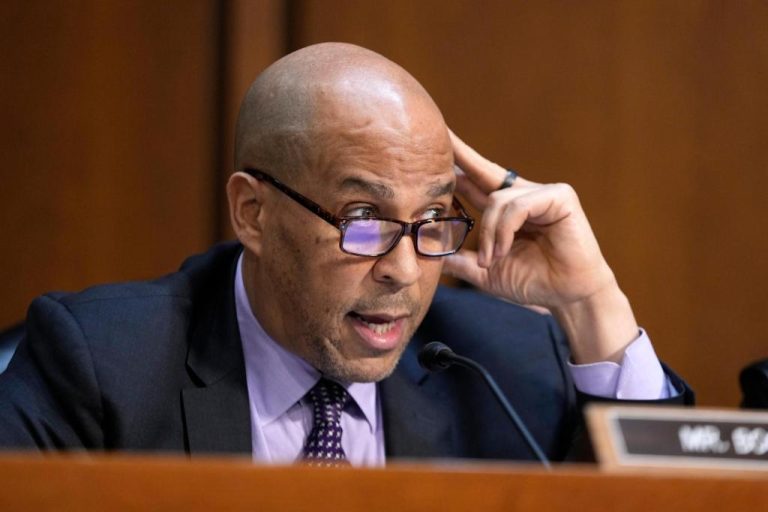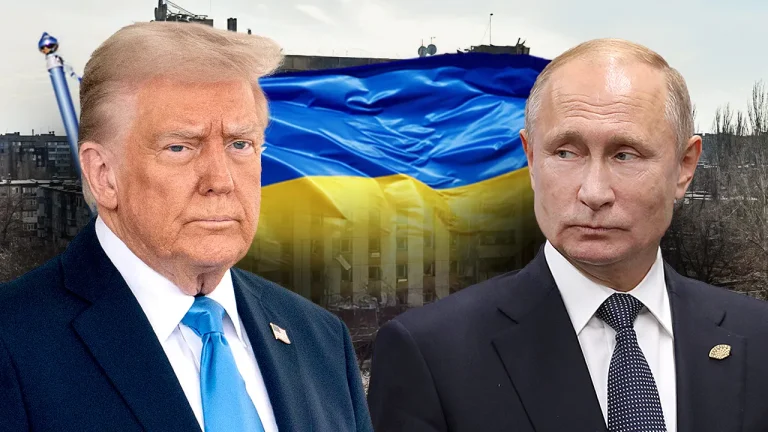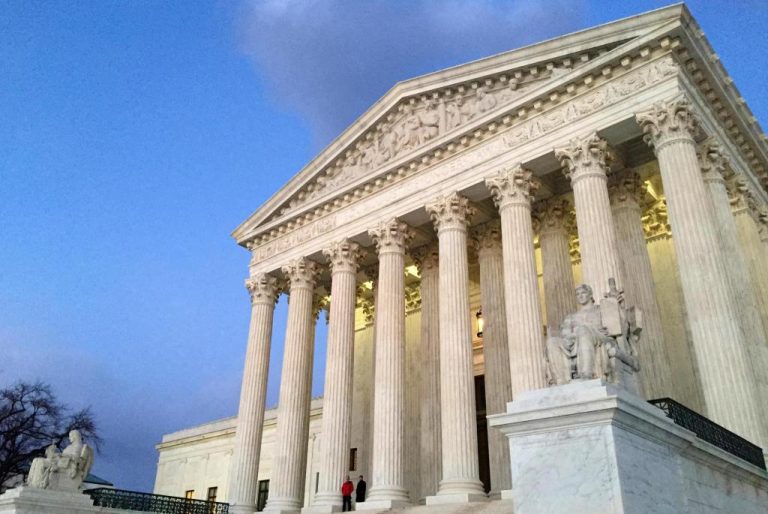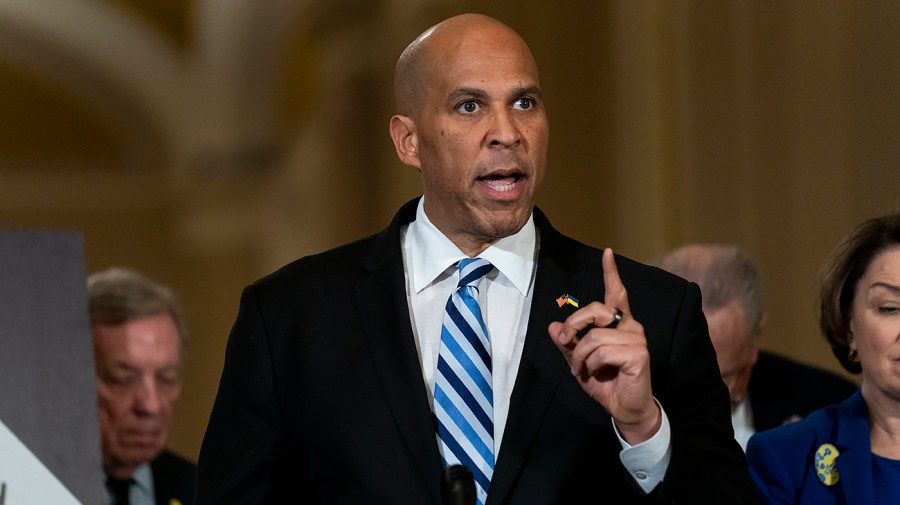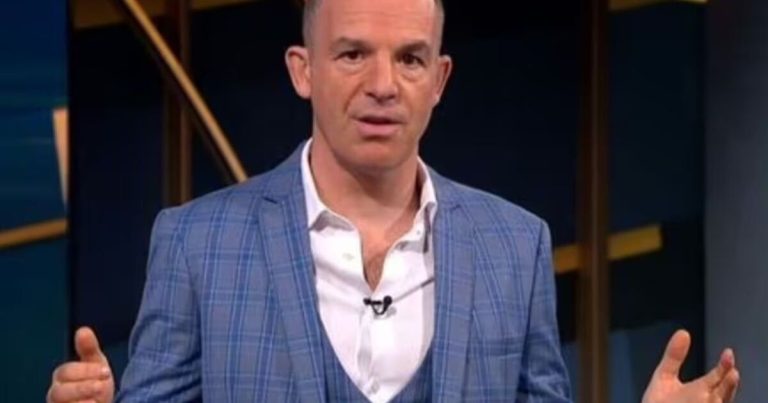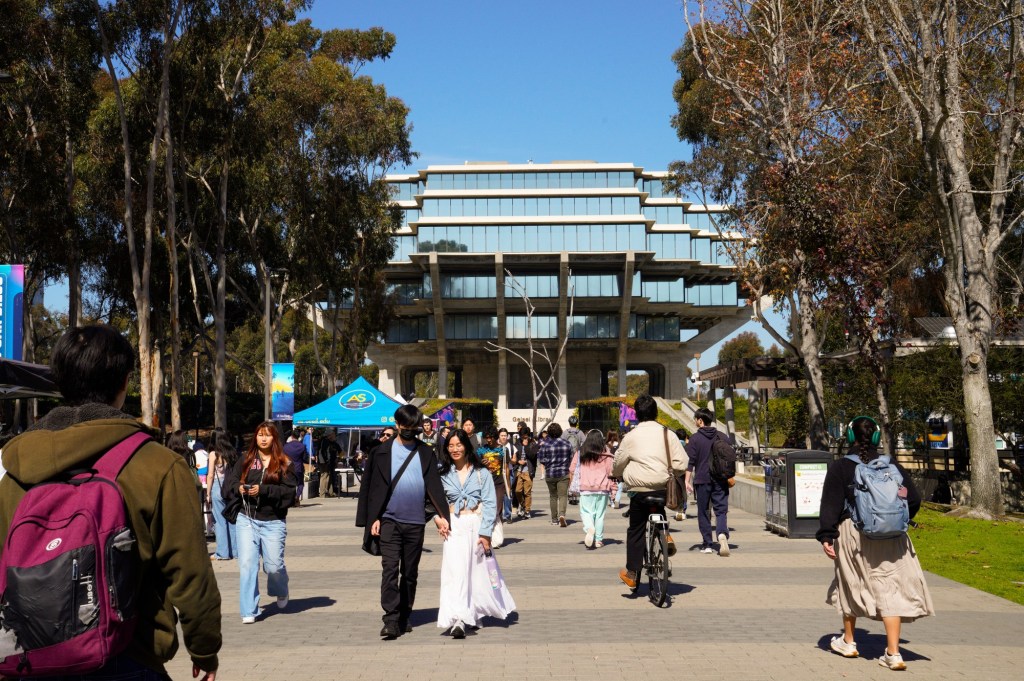
Is my research grant about to get cut? Will I have to lay off staff? Why am I in the dark about this?
Anxious questions are dominating conversations at UC San Diego, where scant updates from campus leaders have left an information vacuum in the weeks since the school learned it could lose hundreds of millions of dollars in funding.
Chancellor Pradeep Khosla and his staff have posted messages about the matter on a school website but have mostly spoken in generalities, referring readers to federal websites that are also light on specifics.
“I don’t read the campus messages anymore, because they don’t say anything,” said Brandon Joe, a junior majoring in math and computer science.
The San Diego Union-Tribune spoke with 30 faculty, administrators, students and staff about how the school is coping with the prospect of losing upward of $150 million in NIH funding meant to help cover overhead costs in research, along with other money.
Most were loath to speak publicly, worried about antagonizing school officials or drawing attention from the Trump administration. But nearly everyone the Union-Tribune spoke to said, in one way or another, that they want the school’s leadership to start providing clear, timely, useful information about the cuts the school faces.
Matt Nagel, UCSD’s communications director, said the administration had shared “a number of communications, meetings and town forums from our vice chancellors and deans that have addressed the federal issues.”
Khosla has declined four requests from the Union-Tribune over the past two months to discuss the topic.

Faculty in particular are expressing concern about the fate of specific areas of research, notably in health and medicine. The tensions rose this week when the Trump administration told one prominent scientist to pause or limit 16 clinical trials, most devoted to treating or preventing HIV/AIDS.
Earlier, a survey conducted in the school’s bioinformatics and systems biology program found that the vast majority of professors who oversee doctoral candidates had decided not to fill openings they have for the rest of the year due to the prospect of cuts. Normally, such slots rarely go unfilled for long, because students covet them and the university needs their help.
Scientists also worry the axe will fall on funding for UCSD’s Scripps Institution of Oceanography, a leader in climate research.
Scripps operates the Keeling Curve, which each day measures the concentration of carbon in Earth’s atmosphere — producing data that was key to the passage of the Paris Agreement, an international climate treaty from which President Donald Trump withdrew the U.S. earlier this year.
The lack of information has led some faculty and students to describe the atmosphere at UCSD in bleak terms.
“On campus, the energy is gone,” said Dr. Davey Smith, director of infectious diseases. “It feels like that moment when a patient gets the news of a terminal illness. Biomedical research is dying. What does that mean for new cures? My career? The university? I have no idea.

“I have empathy for the university on this. I’m often finding out about cuts in my area before they do. Things are happening so fast.”
Adalia Luo, editor of The Guardian, a student newspaper, also expressed apprehension.
“There’s so much that’s unknown here, it’s like we don’t know what to be most concerned about,” said Luo, a junior majoring in international studies.
She said students are worried they could face larger class sizes, fewer teaching assistants, shorter hours at Geisel Library and a tuition hike.
The anxiety comes at a moment when it is unclear how much longer Khosla’s 12-year run as chancellor will last.
Four of his faculty and friends say he is hoping to succeed Michael Drake as president of the University of California system. Drake will retire in June.
The UC Board of Regents is expected to announce a new president in May, two UCSD faculty members say.

Khosla, 67, has presided over the largest expansion in UCSD history. Enrollment has risen by nearly 16,000, hitting a record 44,256 last fall; the school now has twice as many students as Stanford. Khosla has also pushed the number of students in campus housing to 22,000, second nationally only to UCLA.
His leadership has been praised by many, notably Rich Leib, a San Diego businessman who serves as a UC regent. Drake also has publicly applauded Khosla’s stewardship.
The UC does not disclose its list of finalists when choosing a president. And at times regents have appointed presidents who weren’t widely known to be in the running, such as Janet Napolitano, the former U.S. secretary of homeland security.
But on the UCSD campus, faculty are hyper-focused not on the UC presidency but on potential cuts.
The situation has led Bradley Moore, an expert in marine biomedicine, to make a decision that’s tearing him up.
“This will be the first time in 20 years that I have not participated in the recruiting (a doctoral student) for the fall,” he said. “These are smart, talented people who’ve invested a lot of time. Now they’re looking at science as a profession that might not work for them. It’s pure tragedy.”
Originally Published:

